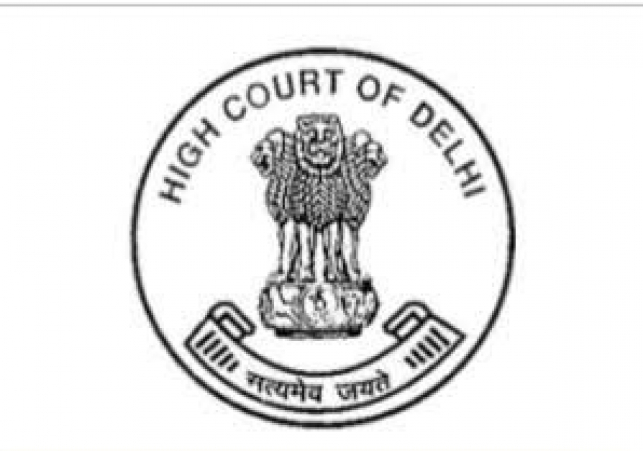

The Delhi high court stated on Monday that the protection afforded to spouses from being charged with rape under the IPC may be due to the "qualitative difference" between marital and non-marital relationships.
As part of a division bench, Justice C Hari Shankar considered arguments and submissions made by a group of petitioners seeking to criminalise intercourse without consent in a wedding as'marital rape.'
While there will be no compromise on a woman's right to sexual autonomy, and any act of rape must be punished, the court noted that in a wedding, unlike a live-in or a relationship, a spouse has an expectation and "to some extent a legal right" to determine conjugal/sexual relations with the partner.
“That qualitative difference plays a role in why that exception exists... we must understand why, despite the Verma Commission and the Law Commission, it remains on the books. The legislature has preserved it for 150 years," Justice Shankar said, emphasising that petitioners must demonstrate urgently why a provision should be struck down by the HC.
With the caveat that these aren't his strong opinions, but rather a preliminary line of inquiry, Justice Shankar stated that one reason for Parliament's preservation of the exception is the way rape as an offence is defined in Section 375. "It's a broad definition," he explained, "it states even a single occurrence of reluctant intercourse with an unwilling party is rape."
Take, for example, a newlywed couple. Wife refuses on a particular day... If it happens on the third day, the husband says, "I'm walking out," but the woman gives in. Do we consider it to be rape? He's exercising what he considers to be his marital right. If we remove the exemption, it is rape," the courtroom stated.
"A woman's right to sexual and bodily integrity cannot be compromised." A husband has no right to coerce his wife. The court, on the other hand, cannot overlook what will happen if the exception is overturned. The husband goes to jail for 10 years if he does this even on one occasion… The judge stated, "We need a far more penetrating look of the situation."
Justice Shankar also voiced reservations about the term "marital rape," claiming that using the term "rape" to describe any form of unwelcome sexual contact between a husband and his wife is "a kind of pre-decision."
“In India, there is no such thing as marital rape... Rape of any form, whether marital, non-marital, or otherwise, must be punished. "Repeated usage of the phrase, in my opinion, obfuscates the real issue," he said.
PILs filed by NGOs RIT Foundation and All India Democratic Women's Association were heard by a bench chaired by Justice Rajiv Shakdher, who claimed he would "reserve" his "opinion" and explained that the courtroom was just having an open debate.